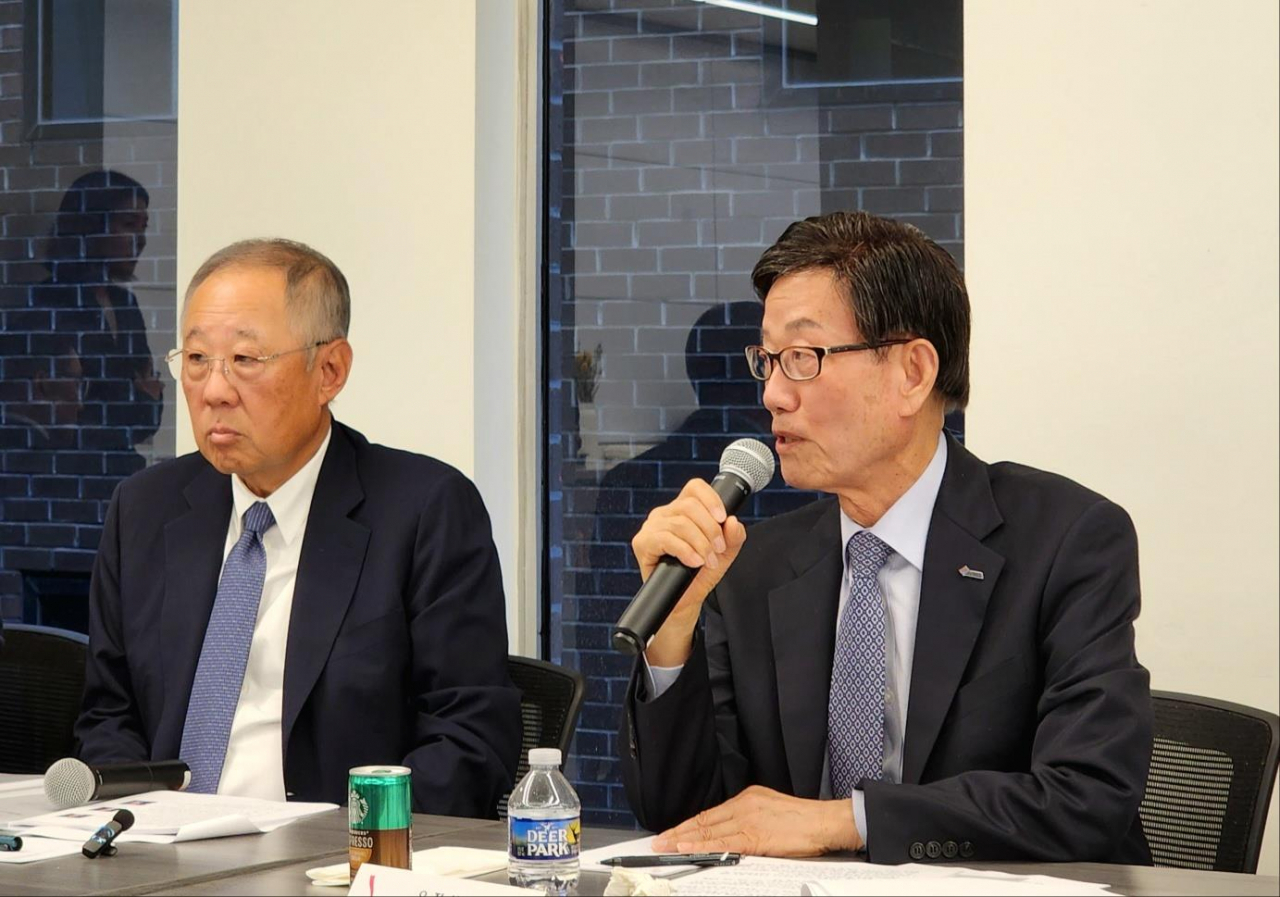
Korea is carefully assessing the potential impact of the significant US tariff increases on key Chinese imports, aiming to take advantage of any benefits while also preparing for potential disruptions in the global supply chain. US President Joe Biden recently announced tariff hikes on a range of Chinese imports, including electric vehicles, semiconductors, batteries, solar cells, steel, and medical equipment, citing unfair trade practices. The new tariffs are set to be implemented gradually over the next two years and could significantly reshape market dynamics, particularly affecting countries like Korea that are deeply integrated into the high-tech global supply chain. Korean government officials are taking a cautious approach and waiting to see the specific items targeted by the new tariffs and any potential retaliatory measures from China. The Korean automotive and battery industries may stand to benefit from the tariffs, as Korean products could become more competitive in the US market compared to Chinese alternatives burdened by higher costs. However, challenges may arise in the steel sector, as the US tariffs on Chinese steel and aluminum could lead to increased exports from China to South Korea, potentially flooding the market with cheaper alternatives. Additionally, the depreciation of the Japanese yen has made Japanese steel cheaper, resulting in increased imports into Korea.
